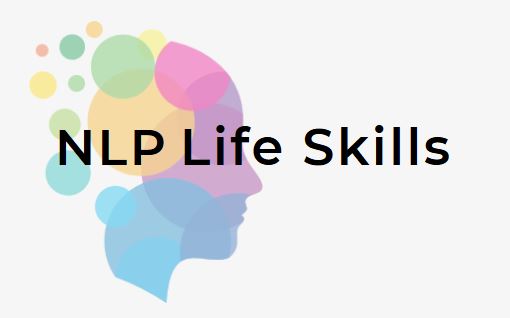The Neuro-Linguistic Programming (NLP) presupposition “there is no failure, only feedback” refers to the idea that mistakes, setbacks, and failures are not permanent failures, but rather opportunities for learning and growth. This perspective views failures as feedback that can be used to make improvements and achieve success.
For example, a student who receives a poor grade on a test may view this as a failure. However, from the NLP perspective, this is seen as feedback that the student can use to identify areas of weakness and work on improving their performance. Rather than viewing the poor grade as a failure, the student can use it as motivation or an indicator to study harder and achieve better results in the future.
Another example is a salesperson who makes a mistake during a presentation. From the NLP perspective, this is not seen as a failure, but rather an opportunity for feedback and growth. The salesperson can use this experience to refine their presentation skills and improve their performance in future presentations.
In summary, the “there is no failure, only feedback” presupposition of NLP encourages individuals to view setbacks and failures as opportunities for growth and learning, rather than permanent setbacks. By reframing their perspective, individuals can use feedback to improve their performance and achieve success. It also develops resilience and “grit”.




